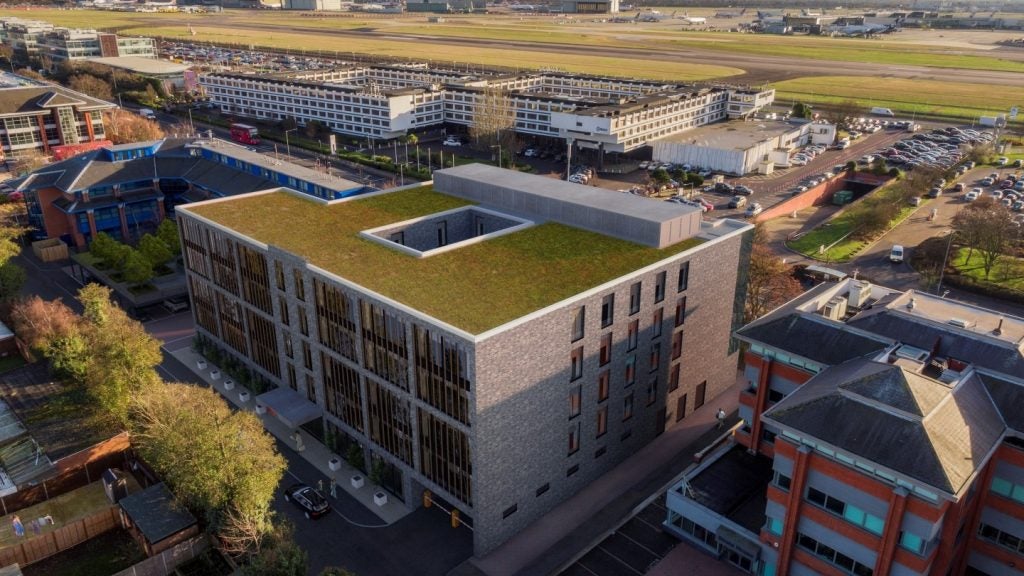GlobalData offers a comprehensive analysis of Starbucks, providing key insights into its Environmental, Social, and Governance(ESG) factors. By closely monitoring and aggregating mentions of climate change and associated ESG keywords, GlobalData delivers valuable information on Starbucks‘s ESG performance. GlobalData’s company profile on Starbucks offers a 360-degree view of the company, SWOT analysis, key financials, and business strategy including insights on ESG implementation among other information. Buy the report here.
Starbucks is committed to reducing emissions across its operations. Starbucks has identified three scopes of emissions: Scope 1, which includes direct emissions from fuel combustion and process emissions; Scope 2, which includes indirect emissions from purchased electricity and district heating and cooling; and Scope 3, which covers emissions from the corporate value chain, including purchased goods and services, transportation, waste generation, and more. The company has conducted a verification and third-party assessment of its GHG emissions inventory for the fiscal year 2022. The inventory includes data on Scope 1, Scope 2 (market-based and location-based), and Scope 3 emissions.
Starbucks is striving for a 50% absolute reduction in greenhouse gas (GHG) emissions encompassing Scope 1, 2, and 3, which includes all of Starbucks' direct operations and value chain. In 2022, the company reported scope 1 greenhouse gas emissions of 579,515 mtCO2e. Scope 2 emissions, both market-based and location-based, were 293,364 mtCO2e and 789,349 mtCO2e, respectively. Scope 3 GHG emissions amounted to 14,640,557 mtCO2e. The total GHG emissions for the period were 15,513,436 mtCO2e.
Starbucks has taken steps to reduce its emissions and the company has already implemented measures such as fuel combustion reduction, process emission control, and refrigerant loss prevention. It has also invested in renewable energy sources and energy-efficient technologies. The company is targeting a 50% conservation or replenishment of water withdrawals, covering Starbucks' direct operations, stores, packaging, and agricultural supply chain. This initiative prioritizes actions in high-risk water basins while simultaneously supporting watershed health, ecosystem resilience, and water equity. Additionally, there is a goal of achieving a 50% reduction in waste sent to landfills from stores (including packaging that leaves stores) and direct operations. This reduction is driven by a broader shift toward a circular economy.
In conclusion, Starbucks is dedicated to reduce emissions across its operations. The company has identified three scopes of emissions and has taken steps to reduce its carbon footprint. Starbucks's efforts align with its commitment to sustainability and environmental responsibility and it can be inferred that Starbucks will continue to prioritize emission reduction strategies.
Data Insights
From

The gold standard of business intelligence.
Blending expert knowledge with cutting-edge technology, GlobalData’s unrivalled proprietary data will enable you to decode what’s happening in your market. You can make better informed decisions and gain a future-proof advantage over your competitors.







